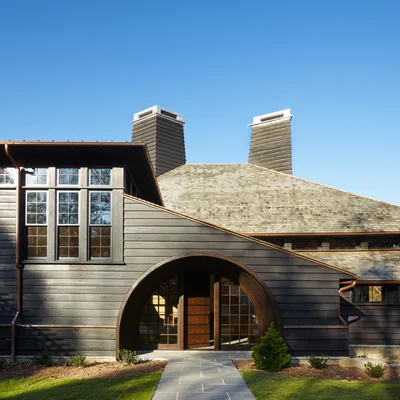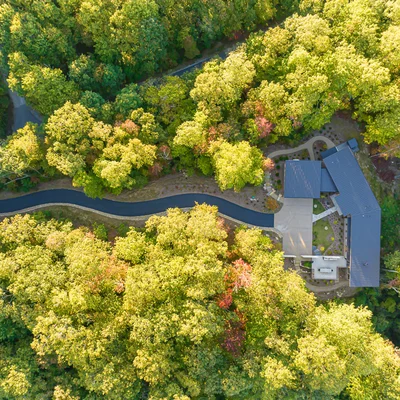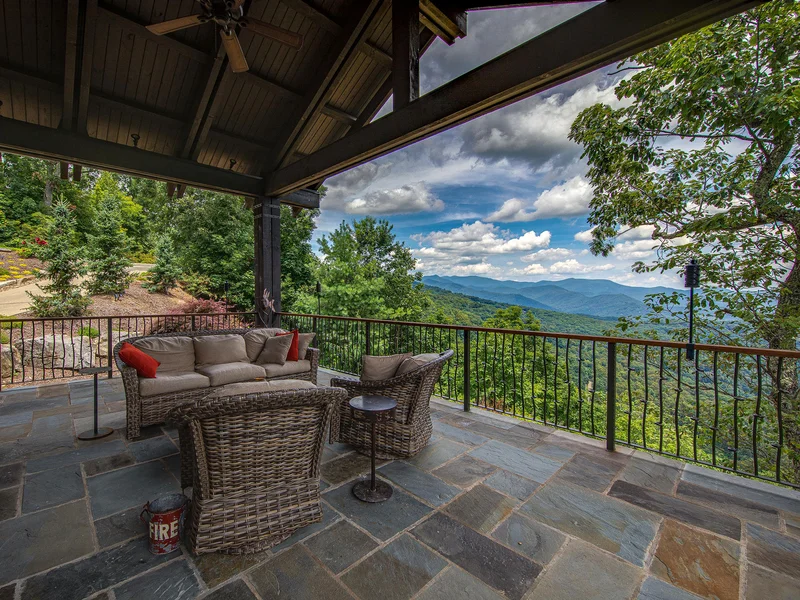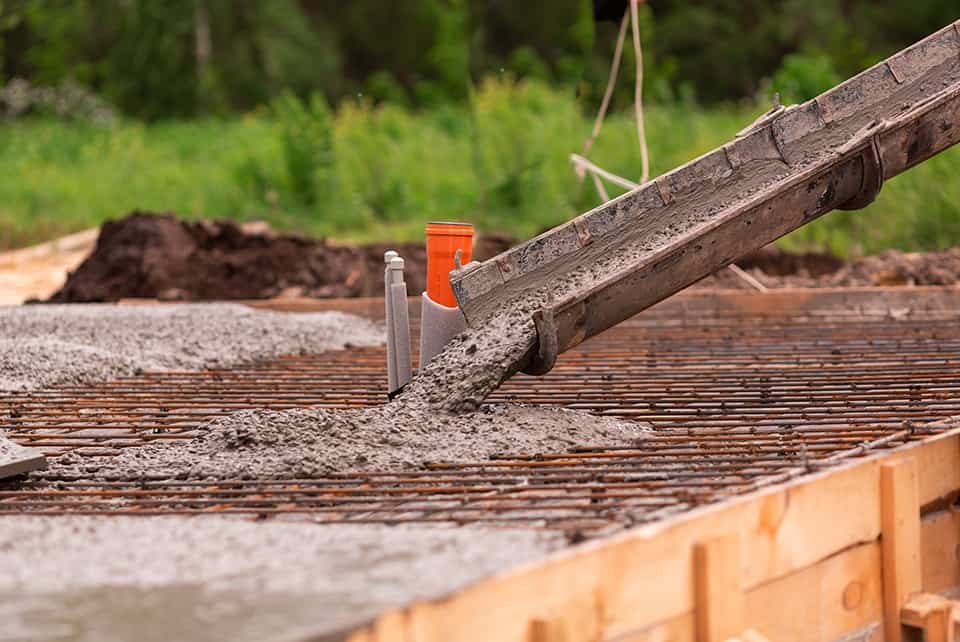
Is your home’s foundation secure enough for an earthquake?
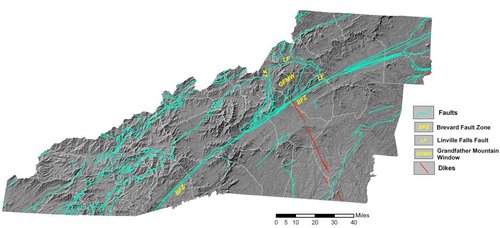
Earthquakes in WNC might be rare but they do occur. In August 2020 a rare 5.1 magnitude earthquake hit the North Carolina piedmont and many residents were left wondering what effects, if any, the earthquake, or aftershocks would have on their home’s foundation. The good news is that only a few structures have reported significant damage, which is not always the case.
Natural disasters like this highlight how important it is to build on a strong foundation and think through the steps needed to be confident your home will not suffer foundational issues if a similar event were to occur again.
Here in Western North Carolina “expansive soils” are common due to the diverse rock types found in our area, which in turn creates a number of different soil types. Expansive soils expand when water is present and shrink once they have dried out. Higher concentrations of expansive soils can be found along the Carolina and Triassic Terranes which run vertically through the center of the state, according to the North Carolina Department of Environmental Quality.
Since settling and foundation cracks are usually brought on by the process of expansive soils swelling and contracting, it is often best to eliminate this factor in the pre-construction phase by determining the best type of footer and foundation system to use.
According to 2018 North Carolina Residential Code:
R401.4 Soil Tests
Where quantifiable data created by accepted soil science methodologies indicate expansive, compressible, shifting or other questionable soil characteristics are likely to be present, the building official shall determine whether to require a soil test to determine the soil’s characteristics at a particular location. This test shall be done by an approved agency using an approved method.
The typical testing done in both Upstate SC and Western NC for residential homes during pre-construction to determine soil stability is a Standard Penetration Test (SPT), which by definition is an in-situ dynamic penetration test designed to provide information on the geotechnical engineering properties of soil. This test is the most frequently used subsurface exploration drilling test performed worldwide.
Even though WNC is not known for earthquakes, the indisputable evidence that we live close to the Brevard Fault Zone and the Linville Falls Fault has some home builders asking if there is an extra layer of protection available to create more confidence when designing a structural foundation for your home. A common test for this region is to acquire a Steep Slope Evaluation.
“Steep slope stability is often a concern when it comes to residential construction. Inclinometers are essentially grooved interior PVC pipes that are grouted 20 to 50 feet below the ground. Over a period of time (3 months to a year), measurements are taken to evaluate if the pipe has remained vertical. Any measured change could indicate that the slope is moving and depending on the severity, slope stabilization may be needed to prevent future movement.
If there is a concern with seismic conditions, a refraction microtremor (ReMi) test can be performed without drilling a soil boring prior to construction. The Upstate [South Carolina] area is not necessarily a seismically active area. Most of the construction value of performing either a 50 or 100 foot deep soil boring or the ReMi test comes in the development of larger more critical structures. Humans are more sensitive than structures to vibrations from seismic activity (skin and muscle are softer than concrete and wood). Even though one might feel an earthquake, doesn’t mean that it will damage a residential structure,” according to Gwen Sollenberger, P.E., Senior Engineer with BLE.
Looking to build safely in the WNC mountains or Upstate region? Please contact Morgan-Keefe Builders at 828-693-8562 for information on our foundation laying process and to discuss your project.
